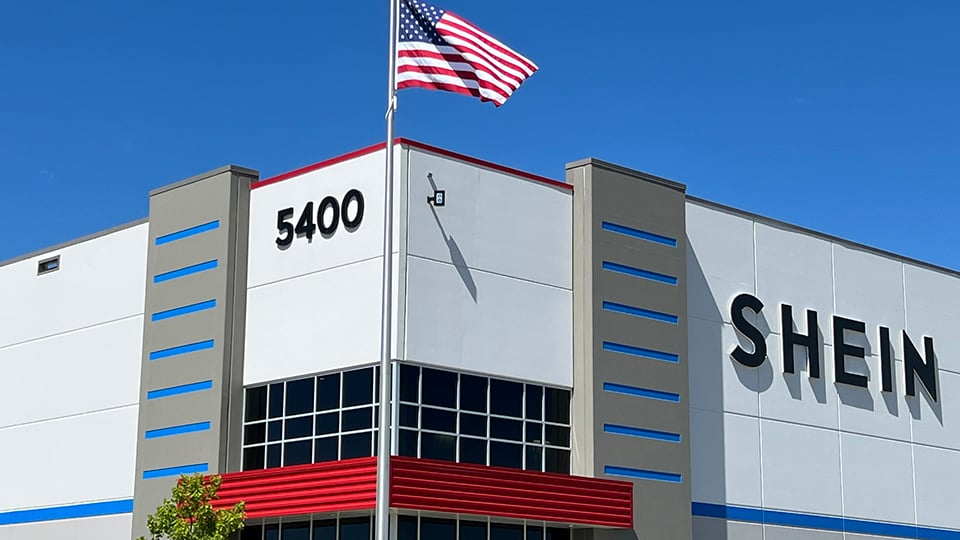Chinese Logistics Giants Expand to U.S.

Logistics operators with ties to China are expanding their warehouse space across the U.S. in response to significant shifts in sourcing, manufacturing, and global trade dynamics. Prologis, the world's largest industrial real estate operator, reports that China-based third-party logistics providers and e-commerce companies accounted for 20% of net new warehouse leasing in the U.S. through the third quarter of this year, a sharp increase compared to previous years.
Chris Caton, Prologis's managing director for global strategy and analytics, noted that the company has long partnered with Chinese retailers and logistics operators, and demand "has clearly accelerated this year." Many of these operators either have headquarters in China or manage logistics from China to the U.S., focusing on key logistics markets near ports in Southern California, New Jersey, and Savannah, Georgia.
In New Jersey alone, logistics firms based in China leased 5.6 million square feet of warehouse space through the third quarter—nearly three times the total leased in that region for all of 2023, according to JLL, a real estate services firm. Major Chinese e-commerce players like Alibaba Group and JD.com are also expanding their U.S. warehousing operations, alongside third-party logistics companies such as Western Post, Lecangs, and Elogistek.
Fast-fashion retailer Shein and shopping app Temu are working to enhance their U.S. supply chains to expedite fulfillment. Historically, these companies have relied on air shipping to deliver most orders directly from Asia, which can lead to longer delivery times compared to competitors like Amazon, Walmart, and Target. Shein, based in Singapore, has opened warehouses in Indiana and California and is also utilizing third-party logistics providers throughout the U.S.
Temu, owned by Chinese e-commerce company PDD Holdings, has been onboarding American brands and sellers to store inventory in the U.S. The company’s spokesperson noted that its third-party sellers collaborate with a variety of logistics operators.
These companies are investing in U.S. operations at a time when regulatory changes could complicate and increase the cost of direct shipments from China. In September, the Biden administration announced plans to restrict the de minimis rule, which allows packages valued under $800 to enter the country without duties or customs screening—something Chinese e-commerce sellers have relied on.